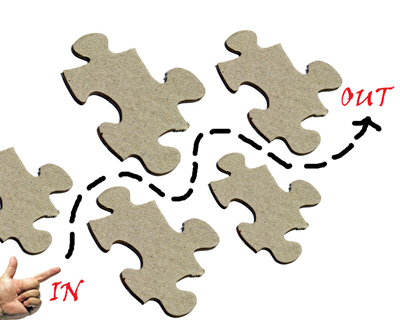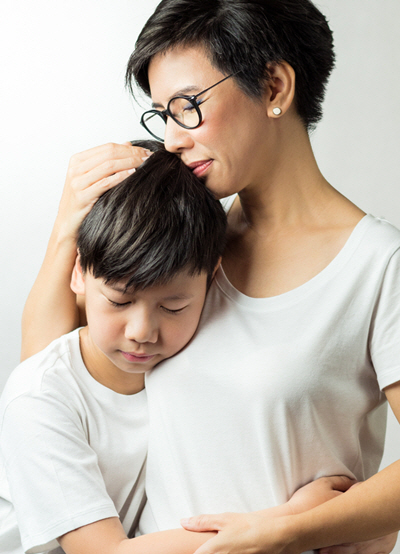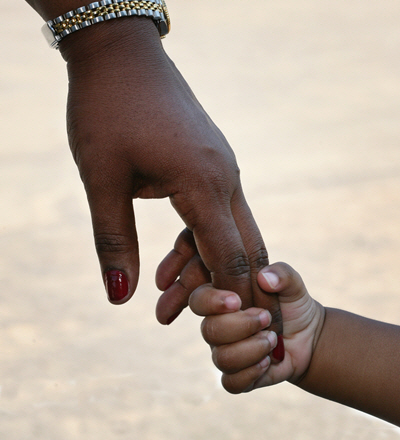 With PANS, you never know what to expect.
With PANS, you never know what to expect.
Pediatric acute neuropsychiatric syndrome (PANS) is a clinical diagnosis given to children exhibiting a range of psychological and behavioral issues – including, but not limited to, eating disorders, compulsive behaviors, anxiety, and aggression.
Parenting a child with PANS is similar to walking through a minefield. You never know what to expect. Explosions happen. Things blow up. You walk carefully and do your best to avoid setting them off. Yet sometimes you still do.
Sound exhausting? That’s because it is! It takes A LOT of mental and emotional energy to parent a child with PANS – especially before (and during the early stages) of treatment.
 “Soulful Parenting”: From despair to hope…
“Soulful Parenting”: From despair to hope…
“Soul is not a thing, but a quality or a dimension of experiencing life and ourselves. It has to do with depth, value, relatedness, heart and personal substance.” –Thomas Moore
Sometimes, parenting a PANS child can create feelings of powerlessness and despair.
If you are experiencing these feelings, then I suggest you use this opportunity to step into what I call “Soulful Parenting.”
Soulful Parenting requires that you step into your parenting experience with an openness and willingness to accept that parenting is difficult.
It’s so easy to feel despair when parenting a child with PANS. Working with this feeling and all that comes with it, my desire is that you move from despair to hope.
… hope that this experience of parenting is about more than just something to be endured.
… hope that many things can be learned through this experience.
… hope that your child will turn out okay.
Yes, parenting is a hard job, but it comes with an opportunity to learn not just techniques and skills, but also to learn about yourself… to learn how your child can provide opportunities for your growth as a parent and as a human being.
 What PANS therapy looks like…
What PANS therapy looks like…
For children 12 and under…
I work with the parents of families that have been affected by this illness. For this younger age group, teaching parents how to manage their children’s behaviors can be very effective.
I meet with parents to discuss their child’s behavior and where the child is in their medical treatment. We discuss the overall climate at home and the stress level of all members of the family.
What also informs the types of strategies I recommend is how long did they go undiagnosed? Do they have co-infections along with the primary trigger, and/or do they have trauma with which they are also dealing?
From here, we begin to peel away the layers of the onion. First and foremost, we discuss ways to decrease the overall stress level in the home.
Children with PANS are sensitive to stress.
Often, their bodies are in “fight or flight.” We try and figure out which behaviors are being caused by the illness and which ones are “learned behaviors.” From there, we develop a plan to work with the “learned behaviors.”
Then, over time, as your child heals physically, we can continue to work with any lingering negative behaviors.
As each child is unique, there is not a set formula. I tend to stay away from using time-out and behavior charts, as I have found them to be ineffective. I like Cognitive Behavioral Therapy (CBT) and Mindfulness. I also encourage you to use a lot of love, praise and patience. It does get better – it just takes time.
 For teens…
For teens…
Because adolescents are generally able to discuss their illness and their feelings about living with PANS, I see them individually. Family sessions are also conducted as needed.
As our relationship develops, I typically incorporate Cognitive Behavioral Therapy (CBT). CBT is a therapeutic technique that focuses on how one’s thoughts, feelings, and behaviors are connected. This technique is helpful in identifying and changing irrational thoughts, therefore giving you more control over your thoughts, feelings, and behaviors.
Introducing this modality is especially important for teens with PANS, as they typically experience anxiety and OCD. Also, their illness has created mistrust of their mind and bodies. Part of our work together is helping your teen regain this trust.
Along with CBT, we discuss Mindfulness and easy ways to incorporate it into their daily lives. The goal is to make things easy and not create more work. They have been through enough, and they work hard just to eat, sleep, and go to school like other teens.
We try things and set them up for success. One of the key things for teens with PANS to is to avoid getting dysregulated. They are dealing with sensitive immune and central nervous systems – and good self-care is of utmost importance. Throughout our work together, we focus on self-care; this includes the importance of limiting screen time, exercise, eating healthy food, and maintaining good sleep habits.
Parenting a child with PANS can feel lonely… but you are not alone.
Contact me today, and let’s help you move from despair to hope. Let’s work together to help you parent your PANS child in a way that works for you and them: (860) 838-2071.

